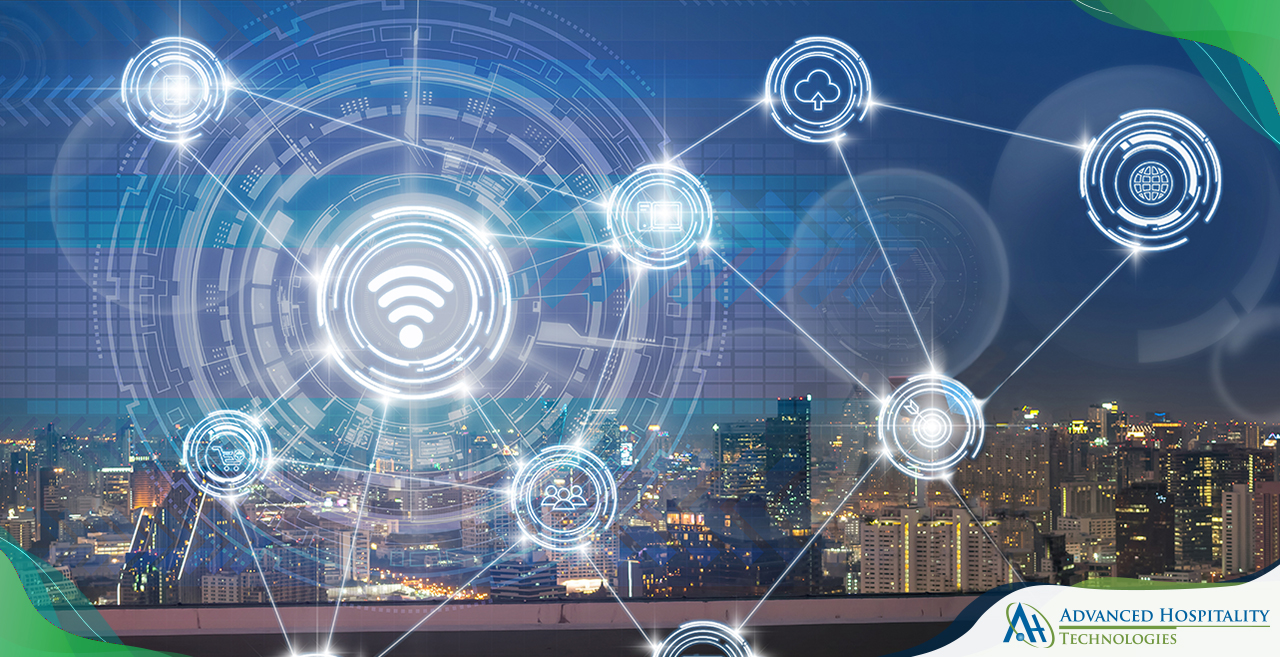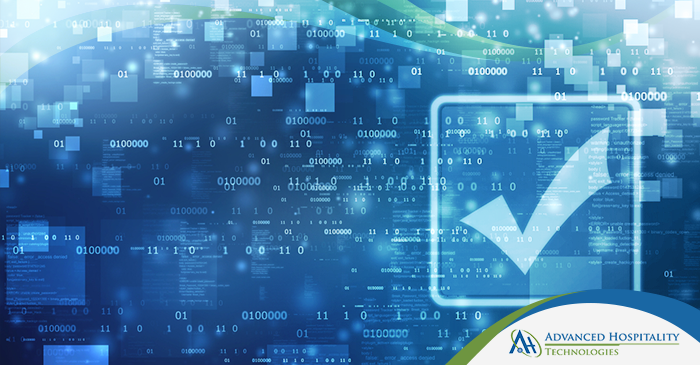The hospitality industry is becoming increasingly reliant on technology to enhance the guest experience and improve operations. However, as the use of technology continues to grow, so does the threat of cyber-attacks. With sensitive information such as credit card details, personal identification numbers, and guest addresses at stake, the hospitality industry is a prime target for cyber criminals. In recent years the cyber-attacks in the industry have grown drastically, here is a look at some of the major cyber attacks the hotels have faced regularly:
DATA BREACHES:
Data breaches are one of the most significant cyber security threats faced by the hospitality industry. A data breach can result in the loss of valuable information, as well as damage to the reputation and trust of the business. The consequences of a data breach can be severe, including financial losses, legal action, and reputational harm. In the hospitality industry, where customer loyalty and trust are crucial, a data breach can result in a significant drop in business and loss of customers.
PHISHING SCAMS:
Phishing scams are a common threat to the hospitality industry and are designed to trick individuals into revealing sensitive information such as passwords and credit card details. These scams can come in the form of emails or messages that appear to be from a legitimate source, such as a hotel or travel agency. The attacker may pose as a hotel representative and ask for information such as login credentials, credit card information, or even Social Security numbers. They may also use a sense of urgency to prompt the recipient to act quickly, without fully thinking through the consequences. For example, a phishing scam email may appear to be from a hotel’s front desk, asking the recipient to update their credit card information for an upcoming reservation. If the recipient falls for the scam, the attacker can gain access to sensitive information and use it for malicious purposes.
RANSOMWARE ATTACKS:
Ransomware attacks are a growing threat to the hospitality industry, as they can result in significant financial losses and disruption to business operations. In a ransomware attack, a hacker gains access to a company’s network and encrypts sensitive data, such as customer information, financial records, and operational data. The attacker then demands payment, often in the form of cryptocurrency, in exchange for the decryption key. Hotels and resorts rely on access to customer information, reservations, and other sensitive data to provide a seamless guest experience. If this data is encrypted and inaccessible, it can result in confusion, delays, and cancelled reservations. In addition, the cost of paying the ransom and the potential loss of sensitive information can result in significant financial losses.
POINT OF SALE (POS) SYSTEM HACKS:
Point of Sale (POS) systems are an essential component of the hospitality industry, as they are used to process payments, manage transactions, and store customer information. Unfortunately, most of these systems are operated by third party vendors and are vulnerable to hacking, which can result in significant financial losses and damage to the reputation of the business. In a POS system hack, a cybercriminal can gain access to sensitive information such as credit card numbers and personal identification details, which can then be used for fraudulent purposes.
WI-FI HACKING:
Wi-Fi hacking can directly affect guests, as they often rely on the Wi-Fi provided by hotels and resorts for their personal and professional needs. This give hackers access to everything the guest is doing online including logging into their bank accounts, giving credit card numbers to websites, or checking email. They can also use the compromised network to launch further attacks, such as distributing malware or launching phishing scams.
PREVENTION:
To protect against the major cyber security threats faced by the hospitality industry, several measures can be taken. Here are some of the key steps that can be taken to reduce the risk of a data breach, phishing scam, ransomware attack, POS system hack, or Wi-Fi hack:
- Implement strong passwords and multi-factor authentication: Requiring strong passwords and using multi-factor authentication can help to prevent unauthorized access to sensitive information and systems.
- Regularly update software and security systems: Keeping software and security systems up to date is critical, as it helps to address known vulnerabilities and protect against new threats.
- Educate employees and guests: Employees and guests should be educated about the dangers of cyber-attacks and the importance of following safe computing practices, such as avoiding suspicious emails and links.
- Back up data regularly: Regularly backing up data can help to ensure that valuable information can be recovered in the event of an attack.
- Implement firewalls and intrusion detection systems: Firewalls and intrusion detection systems can help to detect and prevent unauthorized access to sensitive information and systems.
- Seek trusted vendors and service providers: The hospitality industry should seek to work with trusted vendors and service providers that have strong security policies in place.
- Implement a comprehensive response plan: In the event of a cyber-attack, having a comprehensive response plan in place can help to minimize the impact on the business and recover lost data.
CONCLUSION
Hospitality industry is a prime target for cyber-attacks, and it is going to remain so because of the data the hotels store and the number of digital transactions the industry processes daily. However, by taking a comprehensive approach to security and implementing measures such as strong passwords, regular software updates, employee education, data backup, firewalls, trusted vendors, and a comprehensive response plan, the hospitality industry can reduce the risk of cyber-attacks and ensure the protection of sensitive customer information. By doing so, they can enhance their reputation, build customer trust, and secure their future in the highly competitive and rapidly evolving world of hospitality.
Advanced Hospitality Technologies is a leader in Hospitality Technologies. We have an award winning benchmark for providing affordable, reliable and most advanced hospitality Technology Solutions.




